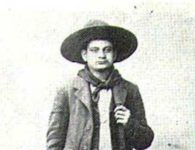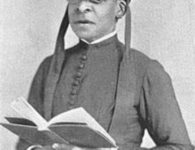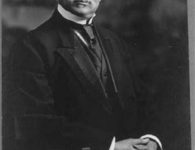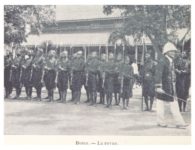Photo credits: The Minnesota Historical Society
In 1875, a small U.S. city’s tiny black population celebrated happily after national legislative breakthroughs rendered the undoing of longstanding legalized racial injustices.
However, well over 100 years later, this smaller’s city’s black glee and jubilation would multiply and resurface in an opposite energic form. As opposed to black joy after an injustice ended, black rage directly after a fatal race-based injustice in a much larger city transpired. This modern black rage against a racist machine hell bent on state-sponsored annihilation happened in May–just like the victorious legislative breakthrough against black discrimination in 1875.
Minnesota is the U.S. state where a racially-incendiary, globally-viral, and gruesome death of an unarmed black man named George Floyd occurred. May 25, 2020 is the exact day in infamy when Floyd’s murder happened. This killing was committed at the hand of a white former Minneapolis police officer. One year later, Derek Chauvin, the disgraced cop who killed Floyd, awaits sentencing for his crime after a jury found him guilty on each count of his murder indictment.
In these last 12 months, Minneapolis, Minnesota has become known across the whole world by virtue of another race-related tragedy. But in the much smaller Minnesota city of Hastings, the month of May has been a 31-day timeline for race-related triumph. The Star Tribune reported Tuesday (May 25) that a local newspaper called the Stillwater Gazette broke the happy news about the Mississippi River town of Hastings, Minnesota in May 1875.
“Black residents of Hastings celebrated the passage of a new federal civil rights law allowing African Americans to serve on juries and protecting their Reconstruction-era rights to public accommodations and transportation,” reads The Tribune’s recent report.
Though today’s black citizens make up just under two percent of Hastings, Minnesota’s population, the preservation of this 146-year story of pride shows evidence of a population’s rich history. Descendants of those black residents from 1875 in Hastings are still sharing their family stories to this day. The first step towards gaining future black liberation goes forward by never discounting any small battles for liberty that were won in yesteryear.
For if a tribe forgets its victorious battles from the past, it dooms itself to repeat more gloom than glory; and thus, fight blindly in a losing war.




















No comments